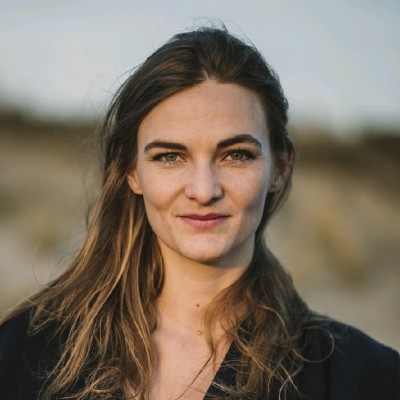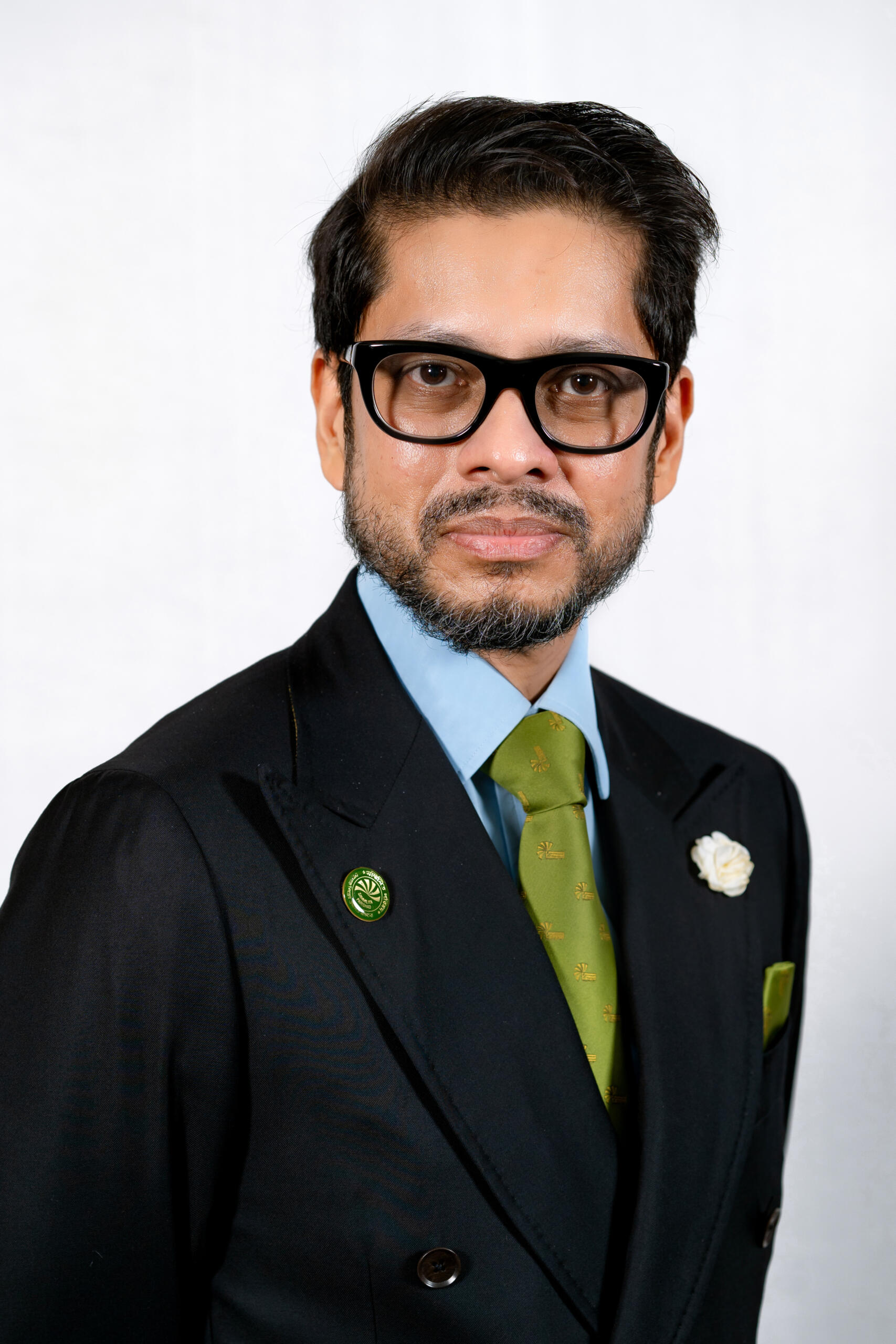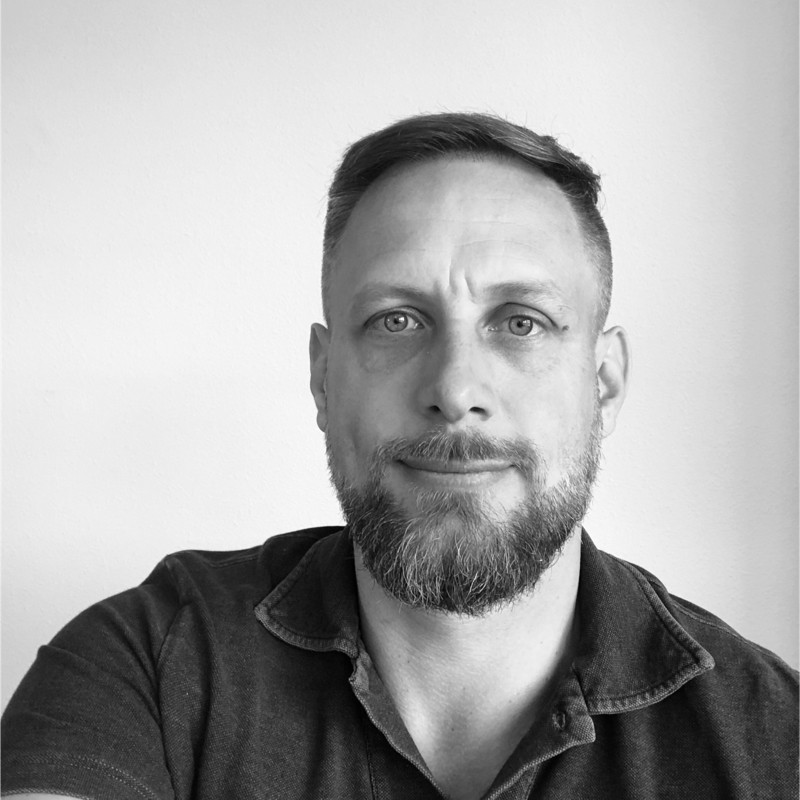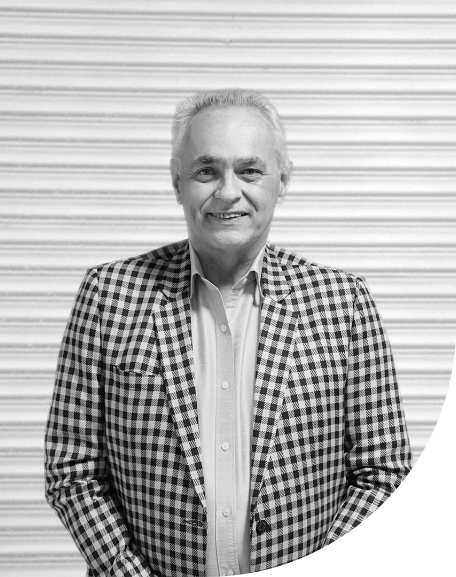Opportunities for circular collaboration between Bangladesh and the Netherlands
February 06, 2024
The textile and fashion sectors of the Netherlands and Bangladesh are closely linked. Both are big players in the textile industry. The Netherlands being the second biggest importer of garments from Bangladesh, Bangladesh being one of the biggest manufacturers of Ready Made Garment (RMG) in the world.
Next to the obvious impact on environment, health, and livelihood, upcoming legislation and trends in consumer demand, ask for development in the direction of sustainability and circularity. Taking into account Bangladesh will become a middle-income country in the near future, the momentum to position itself on sustainability and quality over quantity in the highly competitive market, is now. The Netherlands, being one of the frontrunners in circularity, and specific knowledge, experience and innovation regarding circularity in the textile and fashion industry, makes circular collaboration between the two countries an obvious topic to explore.

Exploring circular economy opportunities
On January 29th the virtual event ‘Reimagining Bangladesh’s Textile Industry: Exploring Circular Economy Opportunities in the RMG sector’ organised by Holland Circular Hotspot, the Netherland Enterprise Agency (RVO) and the Embassy of the Kingdom of the Netherlands in Dhaka, Bangladesh, brought together essential players in the industry to discuss opportunities for circular collaboration between the two countries. The webinar was designed with the overarching goal of fostering connection between stakeholders in both countries and identifying lucrative avenues for future collaborations. It attracted 60 participants mainly from the Netherlands and Bangladesh, but also from all over the world such as Australia, India, the United States, Turkey and Czech Republic.
"With the right expertise and technologies in circularity and waste management, I am confident that the Bangladesh RMG sector has the potential to produce high value exported products, that comes from a circular production and that are sustainable"
Thijs Woudstra, Deputy Head of Mission Netherlands Embassy in BangladeshCircularity in the Dutch textile sector: a global challenge
After an official welcome by Thijs Woudstra the Deputy Head of Mission of the Embassy of the Kingdom of the Netherlands; Stéphanie Schuitemaker, moderator and representative of Holland Circular Hotspot, shared the clear ambitions the Netherlands has when it comes to circularity.
She pointed out that the Netherlands aims to be 100% circular by 2050, and when talking of circularity in the textile and fashion sector, the Netherlands focuses on future proof solutions that take into consideration recyclability, repurposing, business perspectives, and consumer behaviour. The aim is to maximise product use by prioritising renewable inputs for minimal pollution during the production process, a transparent production chain, and recovering products and waste. Developments to stimulate consumer behaviour are the focus on stimulating buying less, -more sustainable, and second hand. In line with European legislation, developments like right to repair, eco-design directions, are of strong influence of the changing market.
Wies van Leeuwen, Business Development Coordinator India & Bangladesh, at the Netherlands Enterprise Agency (RVO), informed how the Dutch government supports Dutch companies regarding international trade and the circular transition in the RMG sector. To support and stimulate circular business collaboration between the Netherlands and Bangladesh, specifically on textiles and related solutions, a ‘Combi-track’ is currently being prepared. “The Netherlands Enterprise Agency works to ensure a strong and sustainable economic growth. When it comes to circular RMG in Bangladesh, we work with the so-called ‘Combi-track’ system that focuses on a this promising sector, by encouraging Dutch companies to scale their technologies and knowledge in the market, and improve the conditions in the market for both countries,” van Leeuwen shared.
"Encouraging Dutch companies to scale their technologies and share knowledge in the market, supports improvement of the conditions for circularity in the market for both countries"
Wies van Leeuwen, Netherlands Enterprise Agency (RVO)
Bangladesh: an eager partner to invest and collaborate for circularity in a shared value chain
Miran Ali, Vice President of the Bangladesh Garment Manufacturers and Exporters Association (BGMEA), gave insight into the Bangladeshi context for circularity in textiles, the interest and current developments, but also the demand for solutions that might come from the Netherlands. Ali shared his idea of opportunity, and the commitment of the BGMEA to make the circular transition a fair transition for all. His call was for young entrepreneurs, and startups, to not be scared of investing and look out for opportunities in Bangladesh, as BGMEA is ready to welcome all. Next to the key areas proposed – circular textiles and related waste management, Ali mentioned water and energy to be essential and opportune areas to further explore for collaboration with the Netherlands both on B2B level, as on G2G level.
"There is a concrete demand for technological solutions the Netherlands might be able to offer. Traceability is one of these specific needs that will play an essential role in the transition to circularity"
Miran Ali - Vice President BGMEA
Circularity in practice: best practices from Bangladesh and the Netherlands
Representatives from best practices by Sasha Denim, Bangladesh Apparel Exchange, Dyecoo, and Sweepsmart were invited to share their perspectives on collaboration for a circular value chain in the textiles and apparel industry.
Shasha Denims uses chemical treatment methods to reduce the water use in the dying process by 60 – 80%. Shams Mahmud, Managing Director of Shasha Denims, emphasised the importance of capturing utilised CO2 and reusing it to neutralise the environmental impact of RMG factories. Mahmud explained how transitioning to a circular economy is inevitable and crucial, particularly for tier 2, namely fabric making. He stressed the importance of cooperation between the Netherlands and Bangladesh, not only for large manufacturing companies but also for boutiques, to exchange knowledge and take action.
"It is key to connect the right actors: next to large manufactures, also boutiques have an important role to play in our journey towards more sustainability"
Shams Mahmud, Shasha DenimsKhalid Hossain, Lead Partnerships at Bangladesh Apparel Exchange (BAE), which has taken a significant role in pushing the Bangladeshi RMG agenda towards sustainability and circularity, shared his ambitions for more collaboration within Bangladesh and beyond. BAE has been pioneering sustainable practices and emphasising the role of knowledge-sharing in nurturing global partnerships. Hossain also introduced Denim Experts Limited, a company championing inclusivity and sustainability in the global RMG sector. Recognised by the World Economic Forum in 2019 with an honourable mention for ‘excellence in sustainability,’ Denim Experts Limited focuses on green goals across various areas, including energy and water consumption, CO2 emissions, and waste generation with a specific focus on denim products.
"To change the industry, the entire supply chain must participate. Brands are the directors of the game and are now starting to realize that they need to take ownership of their supply chains. Collaboration with these visionaries will make the difference"
Kasper Nossent, Commercial Director at Dyecoo Asia
From the Dutch side, Kasper Nossent, Commercial Director at Dyecoo Asia, discussed the importance of taking action beyond legislation. He stressed that brands must secure demand for products sustainable at every step of the production chain. Nossent highlighted the challenge of wet processing (dyeing and finishing) in terms of carbon footprint and environmental impact. By switching to CO2 dyeing, DyeCoo aims to collaborate with brands to scale the technology and reduce the carbon footprint by 50% in the dying process. Looking at the total picture this amounts to a total reduction of 15%.
Rob Tholenaars, Regional Director for Southeast Asia and Africa for SweepSmart Waste Management Pvt. Ltd – contributed from the waste management perspective. SweepSmart’s expertise formalising informal waste sectors can be very relevant in Bangaladesh’s development towards a (more) circular textile industry. Tholenaars demonstrated how adapting European systems to local circumstances could reduce waste leakage, increase efficiency, and make people proud to work in organised facilities, stressing the importance of tailoring technologies and knowledge to local circumstances and needs.
"When it comes to waste there is no positive business case, so it is essential to determine which parties will help with the investment. An EPR fund of local producers, local government or an investment organization is the most obvious option"
Rob Tolenaars, Regional Director for Southeast Asia and Africa at SweepSmart
Key Learnings
- Bangladesh shows to be highly interested to learn about specific solutions and innovations answering to sustainability and social challenges in the textiles industry.
- All stakeholders in the value chain are needed. To make a real shift from a linear to a circular economy it is crucial for all stakeholders to be included and all steps in the value chain to be taken into account: governments, knowledge developments, new technologies, and consumption and utilisation of resources. The transition is both business driven but also governmental and social.
- Circular transition goes beyond financial economy and materials – it is also about working conditions, livelihood, environmental issues, knowledge exchange and adaptation.
- The shift to circular economy does not have to be only in big-multinational industries, but it has to start also within smaller players and local actors.
